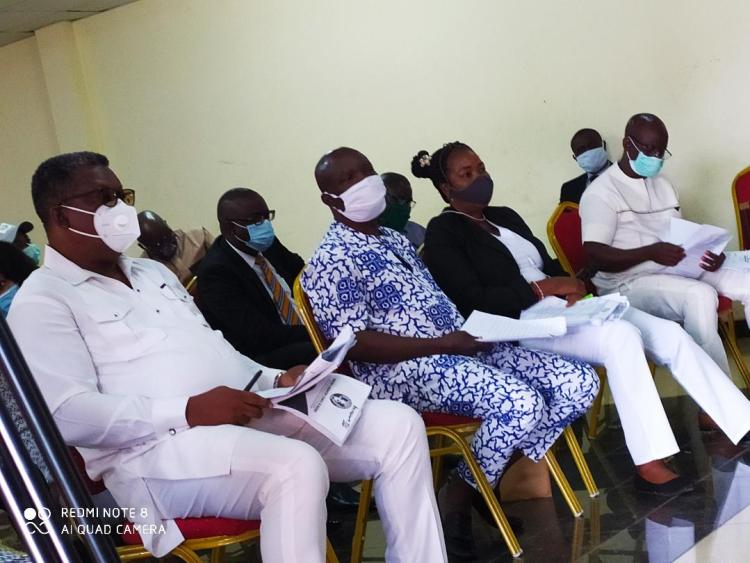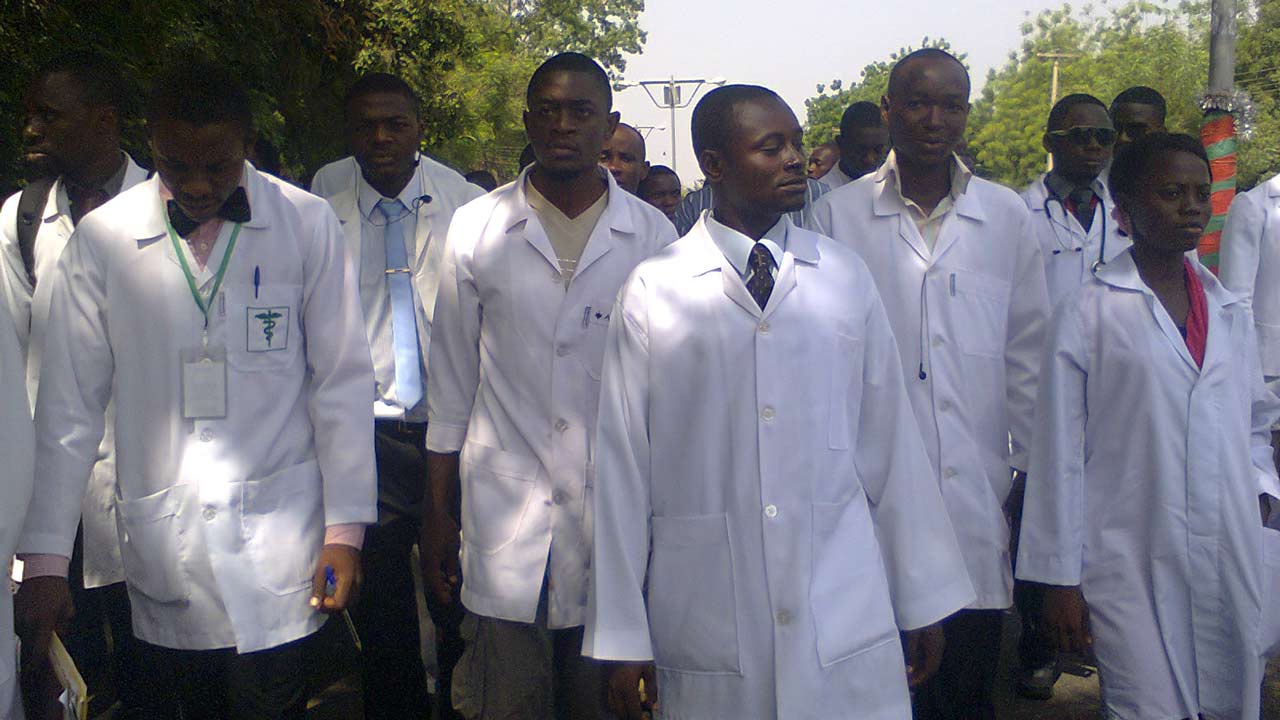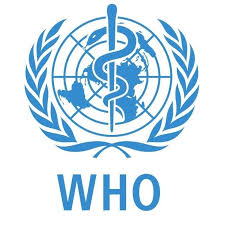The Nigerian educational system poses alot of unnecessary challenges that every student seeks to avoid or - where they have no better choice, as it's usually the case - pass through the traumatizing system as hurriedly as possible. It is such a malady of poor or lack of instructional materials, outdated curriculums, recurrent strike actions, dehumanizing accommodation, hostile student - lecturer relationship and other forms of embarrassment to human dignity. For everyone in final year in the various tertiary institutions, graduation is something they look up to with excitement. It entails an escape from the above terrible conditions and then an opportunity to live the dream of practicing the profession they have always wanted to practice.
Those in the fields of medicine and health related sciences are particularly euphoric, thinking of the great privilege of caring for the sick and making contributions to revive our failing health sector. Unknown to these innocent young professionals, the same health sector they seek to save hasno plans to accommodate them.They are being greeted with rejection and nonchalance by a system clearly in need of their expertise. The number of physicians to 10,000 patients in Nigeria stands at 4.1, compared to South Africa: 7.8, US: 24.5, Saudi Arabia: 24.9, Canada: 20.7 (http://www.worldlifeexpectancy.com/physicians-ratio-by-country). These are some of the countries still benefitting from the brain drain of Nigerian doctors!
.jpg)
One year post-graduation internship is compulsory in Nigeria for medical doctors, pharmacists, dental therapists, dental surgeons, dental technologists, optometrists, radiographers, prosthesis and orthopaedic technologists, medical laboratory scientists, nurses, physiotherapists and dieticians. This one year internship is supposed to be a continuation, in a more practical approach, of the undergraduate training. The current system whereby a prospective intern is left on his own to shop for placement has done medical training in Nigeria more harm than good. It is fraughted with so many challenges and anomalies which have confined many medical graduates to the doldrums. Some of those challenges are:
1. Multiple travels for interviews: Most prospective medical interns attend an average of ten interviews in various parts of the country before finally getting a placement. This can span a period of 1-3 years and each journey goes with a high risk of road traffic accident (Nigeria has one of the highest rates of road accidents in the world), which is even higher for those travelling from very far places that must embark on night trips just to make it to an interview. The unfortunate ones have, in their escalating numbers, fallen foul against the gods of the Nigerian roads; their dreams, the labour and joy of their parents all crushed by the jaws of death, as enabled by our unorganised system.
I had to make a 14 roller-coaster trips to Nnewi, Asaba (Twice), Calabar, Uyo, Port-Harcourt, Oghara, Warri, Enugu, Benin, Zaria, Abuja, Kano, and Abakaliki in 18 months before I could secure internship placement.
2. Organised extortion: Many health centres approved for the internship programme act in crass defiance of The International Labour Organization Convention No. 181 that prohibits the charging of recruitment fees on workers. The shenanigans of the heads of these institutions have continued unchecked to wit it's now like a norm to fleece prospective interns under the cover of registration/interview fees. An example is the recent internship interview conducted by the University of Calabar Teaching Hospital (UCTH) on the 24th of April, 2017. About two thousand prospective interns wrote the exam for a non-refundable fee of N5,000 charged each candidate. The story is the same in many other centres, prices may only differ, more or less.
3. Ethnocentrism, nepotism and cronyism: In the selection of interns, merits and conformity to the Federal Character Commission Act are the least considerations. The process is heavily influenced by politicians and their ilk. It's a matter of whose child, relative or friend you're, where you're from, the language you speak and who is speaking for you. Of course, those without any connection to the powers that be in the society are constantly being left out while the 'sons of Abraham' have several offers to choose from, discarding the remaining jobs unofficially.
4. Delayed induction: Despite the huge charges for oath taking ceremony of medical graduates, there exist a delay which is as depressing as denial of internship for completion of training. In some cases it is up to a year, in some other cases it is beyond 2 years. A typical example is the Optometry Department of Imo State University whose graduates of August 2015 set is yet to be inducted and no ray of hope in the offing. Judging by the prevailing circumstances, it is no doom prophesy to say it may take them another 2 years after induction to secure an internship placement.
5. Bribery and corruption: The so called 'list of successful candidates' for internship job as displayed on some health institution's notice boards are, predominantly, lists of those who have paid money to 'buy' the jobs. They make merchandise of the jobs for a humongous amount of money that's payable unscrupulously behind the curtains. The highest bidders take it. One should not need to ask again why the number of interns recruited for these positions are usually less than the quotas approved by the regulating agencies.
The attendant consequences of the myriad of challenges highlighted above is that most medical graduates remain at home for 1-3 years, dependent on their parents for survival. In most cases, the compulsory internship is a prerequisite for the National Youth Service Scheme (NYSC) and the issuance of the permanent license. Thus the medical graduate is literarily stagnated for as long as he would have to wait before getting placement for internship. The provisional license serves only for two years and failure to personally secure the internship placement before the expiry date on the previously issued license will necessitate payment of an exorbitant periodic (annual/biennial) fees for the renewal of the provisional practising licenses. Needless to mention the brain drain birthed by these unattended man-made problems.
It suffices to say that medical training and practice in Nigeria now leaves much to be desired. The delay it poses can be likened to denial. In order to bring sanity to this training program, a total overhaul of the system is highly recommended and the following measures are key:
i. Government should henceforth, starting with the current set of unemployed medical graduates, institute a central posting system (similar to NYSC posting) by the various licensing bodies, where every prospective intern shall be given a minimum options of approved centres for the one year training program in any part of the country to choose from and shall be posted accordingly.
ii. The various licensing bodies should enforce full implementation of approved quotas alloted to centres accredited for medical internship training across the nation. This will cater for the teeming prospective interns roaming the states of the nation in search of the “medical holy grail”.
iii. For the coordination of the above, government should create an active organ of the Federal Ministry of Health solely committed to the affairs of all prospective medical interns.
iv. A fully digitalized database for posting interns should be kept to check those with proclivity for multiple successive internships and also making it impossible for one person to have more than one offer at a time.
v. Salaries paid to interns posted to any centre in the new system should be unified across board to discourage crowding of special centres known to be paying higher salaries.
The adoption of this new model will, no doubt, alleviate the agony medical graduates are currently going through.
Prof. Babatunde Fafunwa of blessed memory, in his book, History of Education in Nigeria(1974), defined education as “the aggregate of all the processes by which a child or a young adult develops the abilities, attitudes and other forms of behaviour which are of positive value to the society in which he lives”. In the light of the above definition, medical education is incomplete and worthless without giving graduates an opportunity, through a well-organized internship system, to further develop their abilities and utilize their skills in adding positive values to the society they live in.
-Dr Ogbodu, Oghenekaro Alex is a medical practitioner and he can be reached through: 07060455395, 08055906092; [email protected]




